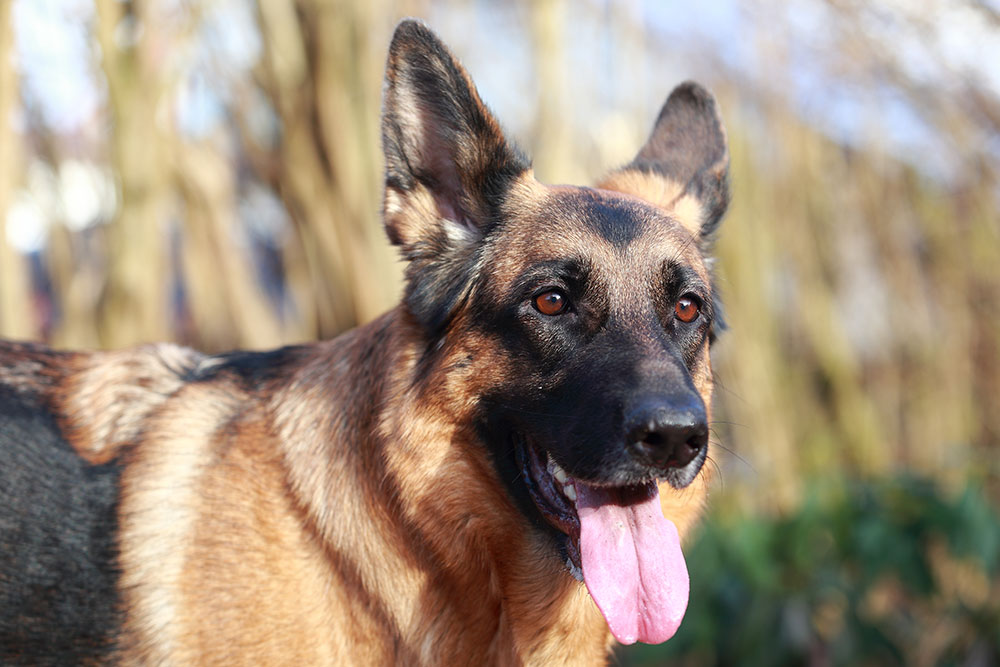
Understanding Degenerative Myelopathy and Your German Shepherd dog's Risk
If you’re a dog-lover who is particularly enthusiastic about any particular breed, then you probably already know that purebred dogs are often genetically predisposed to developing a variety of conditions and diseases. For German Shepherd dogs, degenerative myelopathy (DM) is one of these genetic conditions.
What Is Degenerative Myelopathy?
Degenerative myelopathy (DM) is a chronic, progressive, ultimately fatal condition that affects the nerves of the spinal cord, causing them to slowly and steadily deteriorate. Over time, DM hinders mobility, leads to the loss of feeling in a dog’s limbs, and eventually, it results in the dog becoming paralyzed. Although the condition itself is not painful, dogs who suffer from it are eventually unable to function normally which has a significant, negative impact on their wellbeing and quality of life.
While DM can affect other breeds, it is most common in German Shepherd dogs.


Signs and Symptoms of Degenerative Myelopathy
Although young dogs can develop DM, it most commonly appears in dogs around five years of age or older. Initially, the condition presents as weakness in the hind legs (one or both). This weakness worsens and loss of normal neurologic function occurs over the ensuing months to years until both hind legs eventually become paralyzed. During this unfortunate progression, dogs with DM will also develop urinary and fecal incontinence and if it progresses far enough will eventually become paralyzed in the front legs as well.
Degenerative Myelopathy Prevention and Detection
Genetic testing can be performed on dogs without symptoms to determine if they have the DM gene predisposition. To prevent degenerative myelopathy from proliferating within the breed, German Shepherd dogs intended for breeding should be tested to see if they carry the gene, and dogs with expressive DM should never be bred.


Can Degenerative Myelopathy Be Treated?
Unfortunately, there is no curative treatment for DM. Dogs who develop signs of DM should be tested and provided with supportive, palliative care until the time when their quality of life diminishes to the point when euthanasia is the most compassionate choice.
Personalized Veterinary Care Based on Your Pet's Individual Needs
At Sleepy Hollow Animal Hospital, we provide each one of our patients with top-notch veterinary care that is carefully tailored to meet their unique needs. We adjust our treatment recommendations based on your pet’s breed and genetic predispositions in addition to their age, medical history, lifestyle, environment, and current needs.
To learn more about common health concerns with German Shepherd dogs or other breeds or to schedule an appointment for your pet, we welcome you to contact our office today.











